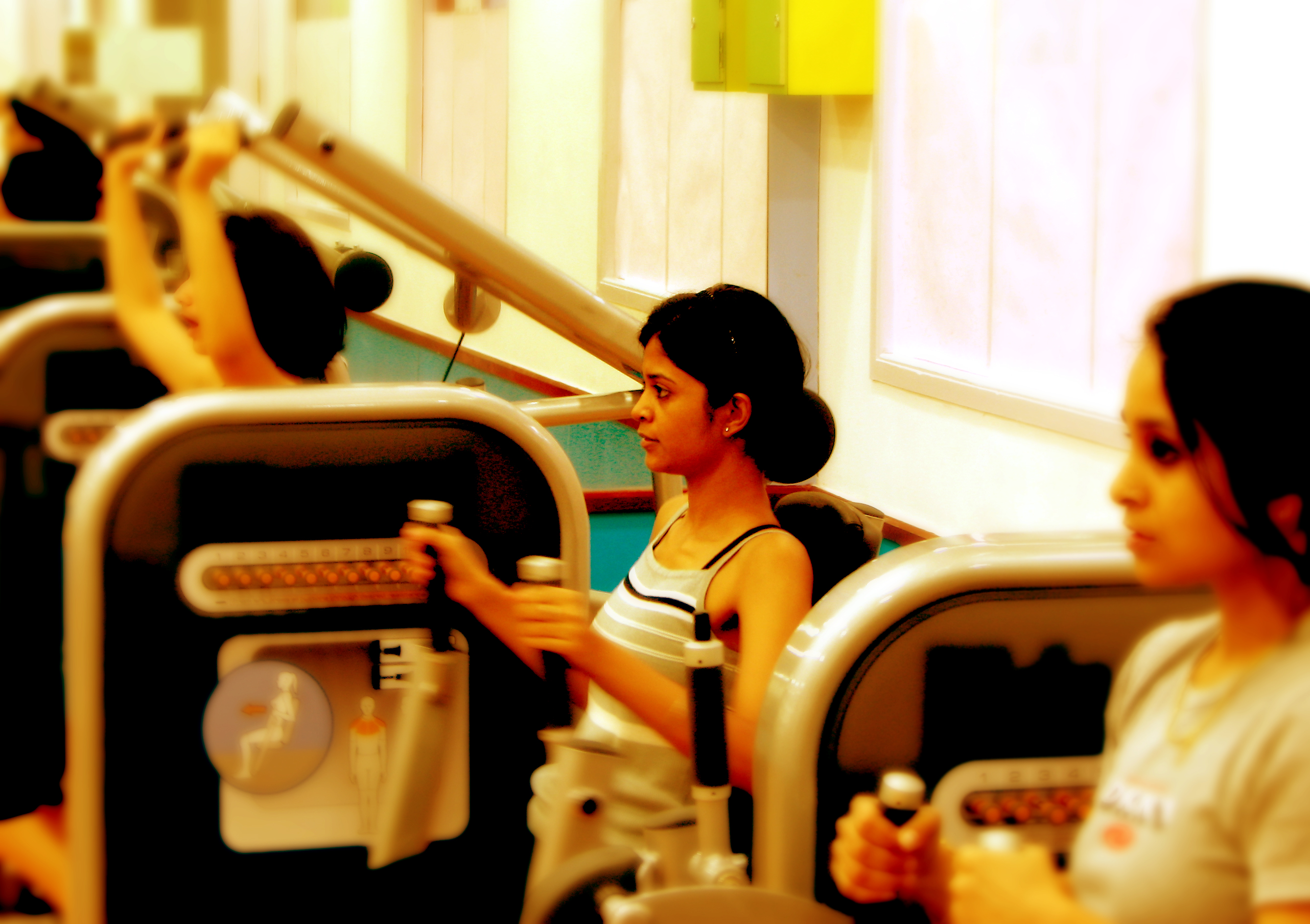
MONDAY, Feb. 25 (HealthDay News) — Teenage girls at high risk for pregnancy were more likely to use condoms and birth control pills after taking part in a prevention program specifically designed for them, a new study says.
The Prime Time program is provided at primary care clinics and is meant to change girls’ sexual risk behaviors using measures such as personal case management and youth leadership opportunities, according to Renee Sieving of the University of Minnesota, and colleagues.
“Findings suggest that health services grounded in a youth development framework can lead to long-term reductions in sexual risk among vulnerable youth,” the study authors wrote.
Their study, published online Feb. 25 in the journal JAMA Pediatrics, included 253 sexually active girls, aged 13 to 17. About half were assigned to the Prime Time program while the others were assigned to a control group that received no special counseling or support.
All of the participants completed a survey two years after enrolling in the study. This was six months after the girls in the Prime Time intervention completed the program.
The girls in the Prime Time program reported “significantly more consistent” use of condoms, birth control pills or a combination of both types of contraception than those in the control group, the researchers found.
The girls in the Prime Time program also reported increases in family connectedness and self-confidence to refuse unwanted sex, as well as reductions in the perceived importance of having sex, the study authors noted in a journal news release.
The United States has the highest rates of teen pregnancy and childbearing among industrialized nations. In 2011, girls between 15 and 19 years old gave birth to 329,797 babies, according to the U.S. Centers for Disease Control and Prevention.
More information
The U.S. Centers for Disease Control and Prevention has more about teen pregnancy.

